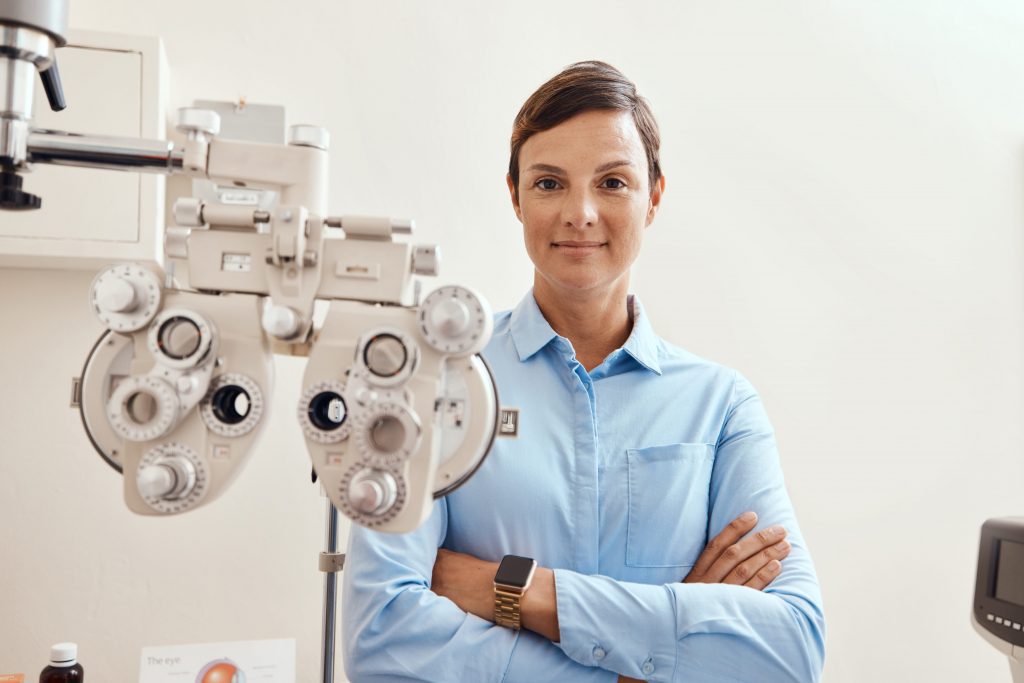WELCOME TO EASTSIDE EYE CENTER!

People want to know how to protect their eyes, how to improve their vision, and what to do if they have an eye problem. While I can’t answer all of these questions in a single blog post, I can give you a brief introduction to some of the basics of eye care.
The first step in protecting your eyes is to have a comprehensive eye exam. This exam will assess the health of your eyes and identify any potential problems. It’s important to have this exam every year, even if you don’t have any symptoms of vision problems.
Once you’ve had a comprehensive eye exam, there are a few simple things you can do to protect your eyes on a daily basis. First, always wear sunglasses when you’re outdoors. This will help protect your eyes from the harmful UV rays of the sun. Second, if you work at a computer all day, take breaks every 20 minutes or so to look away from the screen and give your eyes a rest.
If you do start to experience vision problems, don’t hesitate to make an appointment with an eye doctor. Many vision problems can be easily treated if they’re caught early.
Taking care of your eyes is important for maintaining good vision and protecting your overall health. By following these simple tips, you can help keep your eyes healthy for years to come.
Simple Caring for Your Eyes
Your eyes are one of the most important parts of your body, so it’s important to take care of them. Here are some simple tips to help you keep your eyes healthy:
1. Wear sunglasses.
Sunglasses protect your eyes from the sun’s harmful ultraviolet (UV) rays. Look for sunglasses that block out 99% to 100% of both UVA and UVB rays.
2. Don’t smoke.
Smoking is bad for your overall health, including your eyes. Smoking increases your risk for developing cataracts, age-related macular degeneration, and other serious eye problems.
3. Eat healthy foods.
Eating a healthy diet is good for your whole body, including your eyes. Foods that are especially good for your eyes include leafy green vegetables, fish, and fruits.
4. Get regular eye exams.
Even if you don’t wear glasses or contact lenses, you should still see an eye doctor for regular exams. These exams can help detect problems early, before they cause vision loss.
